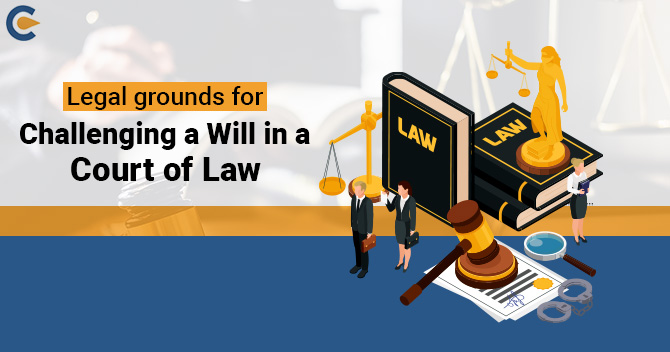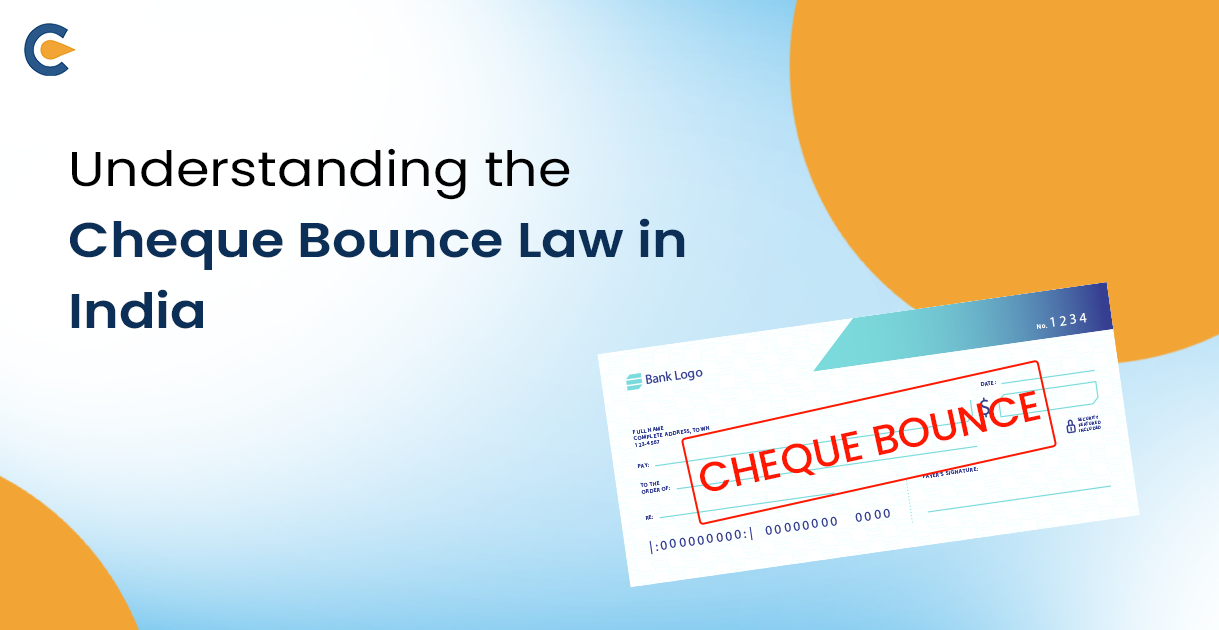The last Will of an individual refers to a legal document which encloses details regarding the inheritor, executor of the Will, and time for property transfer among the concerned beneficiaries. There is no legal compulsion to register a will in India, but it acts as strong legal evidence as per the Indian Registration Act. The general bylaws also allow an Indian citizen to Challenging a Will authenticity through a legal proceeding.
Legal Significance of Will and Probate of a Will
The term “Will” serves as a non-legal document that highlights testator’s intention concerning property distribution after his/her death.
Moreover, it is vital to secure probate of Will for immovable property. This is usually done after the demise of the will-maker or testator. Probate serves as a copy of the Will authenticated by the court of law. The court will seek objections from the concerned family members before granting the probate. In case of nil objections, the court accords the probate & the Will receives the legal status and hence comes to effect.
Read our article:All You Need to Know About Probating a Will
Practical Grounds on which one can challenge the Will
In general, it can be daunting to challenge a will. Interestingly, majority of the wills pass through without encountering any legal proceeding. Seen by the court of law as the testator’ voice, which is no longer there to confront the proceeding, courts stick stringently to wills.
But, that doesn’t imply that challenging a Will is an impractical affair. The law permits the Indian citizen to challenge the Will on the following grounds:
Absence of testamentary intention
A will can be disputed in a court if it can be proved that the will-maker has not intended to prepare a Will.
Absence of testamentary capacity
According to the general bylaws, only adults 18 years or above qualify as a Will creator as they possess the testamentary capacity. To legally oppose the Will on the ground of lack of mental well-being, one must be able to prove that while preparing the Will, the concerned person was unaware of is a repercussion.
An individual having testamentary capacity will comprehend the value & nature of his/her assets and the legal effect of signing a will.
Absence of knowledge or approval
The knowledge & the consent of the will-maker are naturally presumed when it is known that the will-maker or testator has the required testamentary capacity. But, a will could be challenged in the court if it is proved that it was prepared under unlikely circumstances where the will-maker was unaware of the details enclosed in the Will.
Fraud, forgery or wrongful influence
A will could be challenged if it is proved that it was prepared by forgery, fraud, or criminal influence by an outsider that overpowers the Will to bargain because of the manipulator.
The individual challenging the Will is obligated to prove that the will-maker could have been deceived into signing the document if it was prepared as a result of any deceitful act.
Revocation: Claims by family
A relative of the will-maker could contest the Will if it is proved that they were not provided for adequately in the Will. According to the bylaw, the family head is accountable for the maintenance of certain close relatives cited in the Hindu Succession Act.
They can claim in the relevant court of law seeking for provision to be made for them out of the estate.
It is recommended to consent to the Will as early as possible to prevent its execution. If the court’s judgment[1] favours the person challenging the Will, then the Will would be tagged legally invalid, and the distribution of property shall take place as per the court’s direction. This distribution revolves around intestacy laws & is guided by familial relationships.
Improper Execution
A legally valid will must be in written form enclosing the signature of the will-maker and two witnesses. Will that lacks such requirements shall stand invalid in the eye of law.
Key points to remember
- A will prepared by Hindu, Buddhist, Sikh or Jaina is regulated under the Indian Succession Act, 1925
- Every individual with a healthy state of mind qualifies as a Will creator as per the law. This also encompasses physically challenged individuals having no mental issues.
- An insane person is legally permitted to prepare a will, however, only when his/her mental condition is stable.
- A will cannot be prepared in the state of illness or intoxication, where the will-maker cannot make rational decisions.
- The Will should clearly manifest the will-maker’s intention regarding obtaining legal status for the Will. The Will is said to be invalid as long as the testator serves his/her life. It will only receive legal status after his demise.
- Oral wills are legal in limited states and under specific circumstances. They usually seek a presence of fear of demise & they can be utilized only to transfer personal assets.
- The difference between a Probate & a Will is that will serves as a document that set forth an individual’s desire concerning the property distribution among the relatives after his/her demise, while a Probate act as a true copy of a Will that encloses the court’s seal.
Conclusion
Challenging a Will is certainly a practical affair that can be done in view of grounds as mentioned. Keep in mind that the burden of proof is on the person challenging a Will in the court of law. In case of a legal dispute, such individual should provide concrete evidence during the legal proceeding.
Read our article:Probate of a Will: Meaning, Significance, and Applicability











